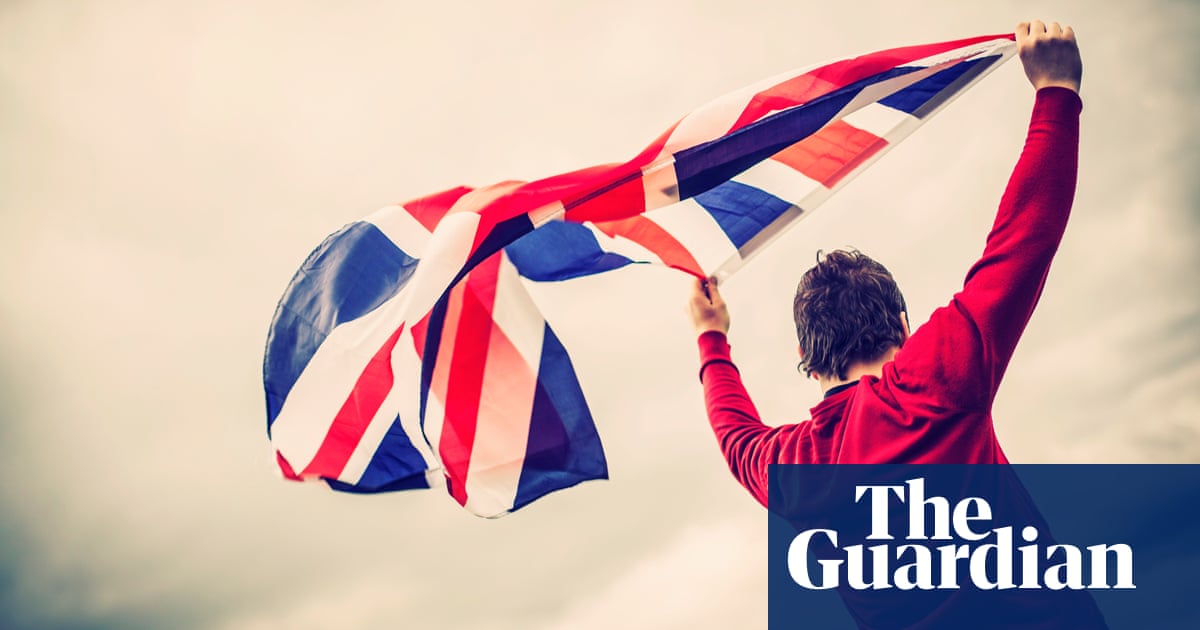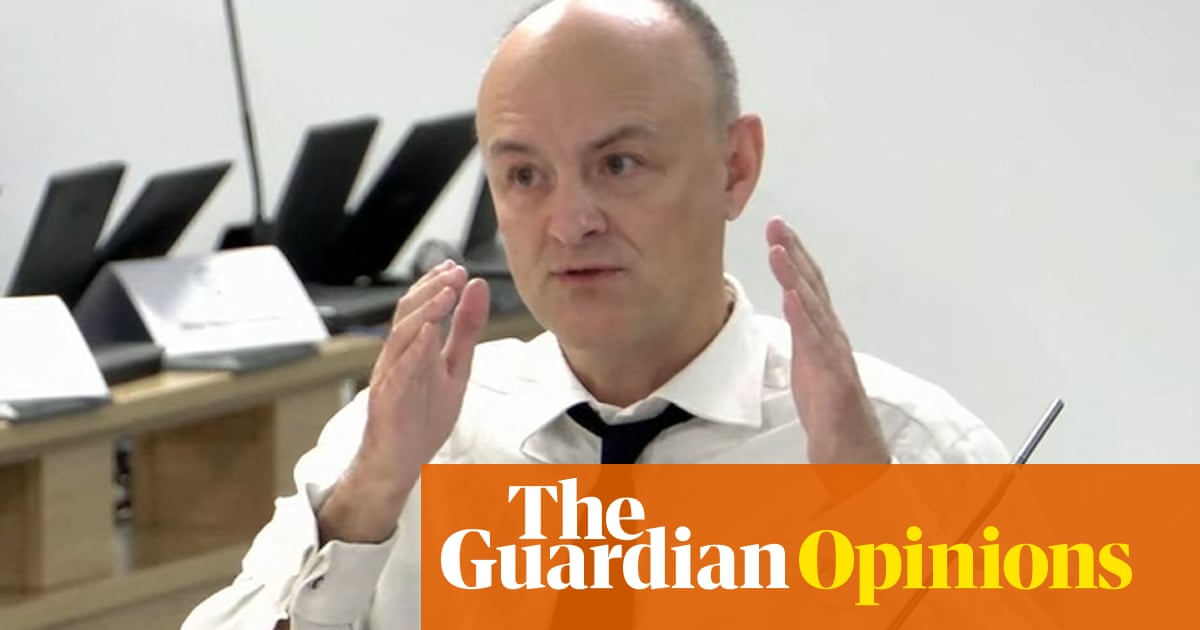
To call Omicron’s rise in the UK “precipitate” is to violently understate matters. Daily case counts have broken the record set just the day before over and over again. Yesterday they hit over 218,000.
Amid such an astonishing surge of infection, consequences are unavoidable. Despite consistent evidence suggesting that Omicron causes somewhat less severe illness, especially in vaccinated and boosted people, numbers like this wreak their own havoc.
Even if Omicron were half as virulent as Delta, but infected four times as many people, twice as fast, that’s still a wrecking ball aimed at a teetering healthcare system. The NHS is already seeing staff shortages from illness and quarantine, and weighing the possibility of reducing or cancelling services.
Businesses are similarly struggling. And customers seeking to avoid infection are voting with their feet. Boxing day sales traffic in London was down 67% from pre-pandemic levels in some areas, showing that you don’t need a lockdown to have an economic impact. The virus will do it for you.
Amid the inquests into how the UK came to be caught flat-footed yet again in the face of a new variant, there’s the pressing question about what to do right now.
The single most important thing at the moment is boosters. And at least a first dose for anyone who inexplicably is yet to receive one. Protection from severe infection among those who have been boosted appears very good, and we think it kicks in quickly.
We are in a race with Omicron here, and anything that slows down the virus helps. Decreasing the overall rate of new cases will mean more people get boosted before they are infected. And if fewer people are infected there will also be more people available to deliver the shots and do other vital work.
But while vaccines are the most important part of the strategy to blunt Omicron’s impact, they are not enough by themselves. We still need to support isolation for those infected, quarantine for those exposed, rapid tests to identify cases, and promote masking in public places. All of these need urgent support from the government.
Frankly, it’s a travesty that amid all the events of the last two years there’s isn’t yet mandatory sick pay, and generous support for anyone who needs to isolate after testing positive for Covid. The shortening of isolation requirements to 7 days following a positive test – along with two negative antigen tests – might not be perfect, but it is defensible if we are seeking to maintain a workforce and avoid a shutdown of society by default, and to maintain essential services.
Early evidence suggests that for many Omicron breakthrough cases, the period of infectiousness is shorter. So even if a person is still shedding detectable virus, they may be a low infection risk to others. Indeed, rapid antigen tests are widely believed to be a guide, if an imperfect one, to whether a person is currently infectious – even if they don’t catch every Covid case. So making them widely available will also help avoid further infection from any people shedding virus for a longer period.
These tests are useful, but likely to be in short supply – as seen over the Christmas period. If that happens, we must consider when they are most effective. Infections in young people are less likely to be serious than those in older people. So rapid tests are best used to avoid introducing the virus to vulnerable older networks.
Use one before seeing older relatives – and just before. The rate with which viral load – and thus infectivity – can increase with Omicron is impressive. And the longer the period since your last negative test, the less likely you are still negative.
On top of that, everyone should be issued with a good quality mask and instructions on how to use it when indoors in public. There is no reason the government could not do this, but masks have become a flashpoint in the culture wars. The politicisation of mask use makes about as much sense as politicising gravity.
Concerns from some infectious disease professionals about improper mask use are also misplaced. A bunch of people using unfitted N95s and not trained in their use, will still transmit far less to each other than a group using cloth masks or worse, nothing at all.
Any prescriptions for how to slow Omicron will be met, I am sure, with fury from those determined to pretend either that the virus does not exist or that its consequences are minor. I appeal to those people to talk to the dedicated healthcare staff who have worked to save the lives of those suffering from Covid throughout the pandemic. Every booster that reaches a person before Omicron does, helps them.
All the ferment and fury about the damage of lockdowns, usually from profoundly uninformed sources, many of whom are not acting in good faith, has always missed an essential point. Epidemiologists like myself have always been about reducing harm. Like risk, we cannot eliminate harm entirely, but we can takes steps to avoid the very worst consequences. These measures should accomplish that.
Data from South Africa shows that as rapidly as Omicron hits, it starts to decline shortly thereafter. And so at least we think the surge will be short, and before the spring it will be largely in the rearview mirror. It won’t be pretty, but it will be quick.
Dr William Hanage is a professor of the evolution and epidemiology of infectious disease at Harvard and the co-director of the Center for Communicable Disease Dynamics












